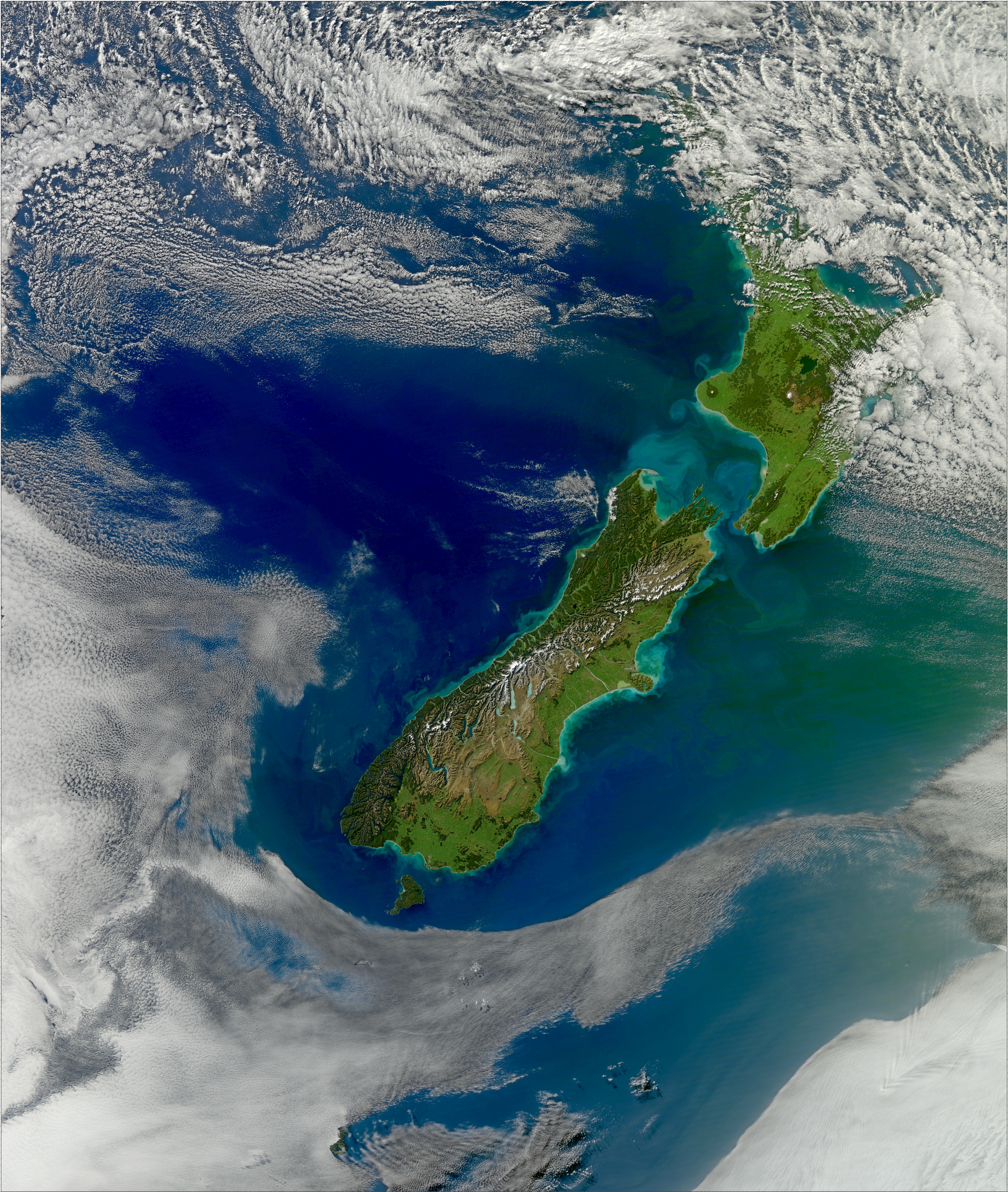|
National Policy Statement (New Zealand)
National policy statements are prepared by the New Zealand government as outlined in the Resource Management Act (RMA), an important Act of Parliament to ensure sustainable use of resources. National policy statements are covered by Sections 45-55 of the RMA. Lack of national policy statements has often been given as one of the drawbacks of the ability of the RMA to afford protection of the environment. See also *Resource consent
A resource consent is the authorisation given to certa ...
[...More Info...] [...Related Items...] OR: [Wikipedia] [Google] [Baidu] |
Resource Management Act 1991
The Resource Management Act (RMA) passed in 1991 in New Zealand is a significant, and at times, controversial Act of Parliament. The RMA promotes the sustainable management of natural and physical resources such as land, air and water. New Zealand's Ministry for the Environment describes the RMA as New Zealand's principal legislation for environmental management. The RMA and the decisions made under it by district and regional councils and in courts affect both individuals and businesses in large numbers, and often in very tangible ways. The Act has variously been attacked for being ineffective in managing adverse environmental effects, or overly time-consuming and expensive and concerned with bureaucratic restrictions on legitimate economic activities. In February 2021, the Government confirmed that the RMA is to be replaced by three separate acts. These will be the Natural and Built Environment Bill (NBA), the Strategic Planning Bill (SPA), and the Climate Change Adaptat ... [...More Info...] [...Related Items...] OR: [Wikipedia] [Google] [Baidu] |
Resource Consent
A resource consent is the authorisation given to certain activities or uses of natural and physical resources required under the New Zealand Resource Management Act (the "RMA"). Some activities may either be specifically authorised by the RMA or be permitted activities authorised by rules in plans. Any activities that are not permitted by the RMA, or by a rule in a plan, require a resource consent before they are carried out. Definition and nature The term "resource consent" is defined as; * a permit to carry out an activity that would otherwise contravene a rule in a city or district plan. * a permission required for an activity that might affect the environment, and that isn't allowed 'as of right' in the district or regional plan. A resource consent, once granted to an applicant, is neither real nor personal property. Therefore, resource consents cannot be 'owned'; they are 'held' by 'consent holders'. Types A resource consent means any of the following: * land use consent ( ... [...More Info...] [...Related Items...] OR: [Wikipedia] [Google] [Baidu] |
Environment Of New Zealand
The environment of New Zealand is characterised by an endemic flora and fauna which has evolved in near isolation from the rest of the world. The main islands of New Zealand span two biomes, temperate and subtropical, complicated by large mountainous areas above the tree line.Walter, H. & Breckle, S-W. (2002). ''Walter's Vegetation of the Earth: The Ecological Systems of the Geo-Biosphere''. New York: Springer-Verlag, p. 86 There are also New Zealand Subantarctic Islands, numerous smaller islands which extend into the subantarctic. The prevailing weather systems bring significantly more rain to the west of the country. New Zealand's territorial waters cover a much larger area than its landmass and extend over the continental shelf and abyssal plateau in the South Pacific Ocean, Tasman Sea and Southern ocean. Historically having an isolated and endemic ecosystem far into modernity, the arrival of Polynesians about 1300 AD and then later European settlers began to have significa ... [...More Info...] [...Related Items...] OR: [Wikipedia] [Google] [Baidu] |

